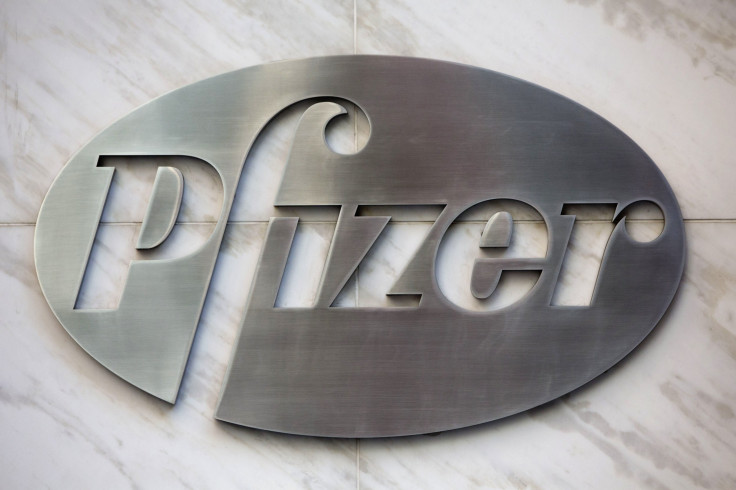What Is Ibrance? New Breast Cancer Drug Approved To Treat Older Women Has 'Blockbuster' Potential

Ibrance, a promising new drug to treat advanced breast cancer in older women, is being hailed as impressive and having "blockbuster sales potential" by financial analysts. The drug is a pioneering hormone-based therapy for such cancers, but it's only for women who fit a specific health profile.
The medication is for postmenopausal women whose metastatic cancer tests negative for a specific protein, HER2, but tests positive for an estrogen receptor, according to Ibrance's website. Patients also cannot have received previous hormonal treatment for cancer. Ibrance works by inhibiting specific molecules that promote cancer growth.
Phase 3 trials for the drug ended early, Pfizer, which makes Ibrance, announced Wednesday, after results showed it to be effective in improving progression-free survival, or the amount of time a patient lives with a disease without it worsening. The National Cancer Institute explains that measuring progression-free survival is one way to gauge how effective a new treatment is.
In February the U.S. Food and Drug Administration approved the drug, to be used in combination with another drug, letrozole, for postmenopausal women who had advanced, or metastatic, breast cancer. The agency said it had fast-tracked the drug through the approval process because early clinical evidence had suggested "that the drug may offer a substantial improvement over available therapies." It was approved months before Pfizer concluded trials under a program that gives patients access to "promising new drugs while the company conducts confirmatory clinical trials."
The drug could potentially generate $5 billion in annual sales, Reuters reported, and Pfizer stock rose 1 percent Wednesday, the day the company announced an early end to the trial.
One of the primary side effects of the drug is neutropenia, a low count of a particular type of white blood cells that fight infections. Neutropenia is a common side effect of some cancer therapies. In 2014, 232,670 women in the United States were diagnosed with breast cancer, and 40,000 died from it, according to the National Cancer Institute.
© Copyright IBTimes 2024. All rights reserved.






















